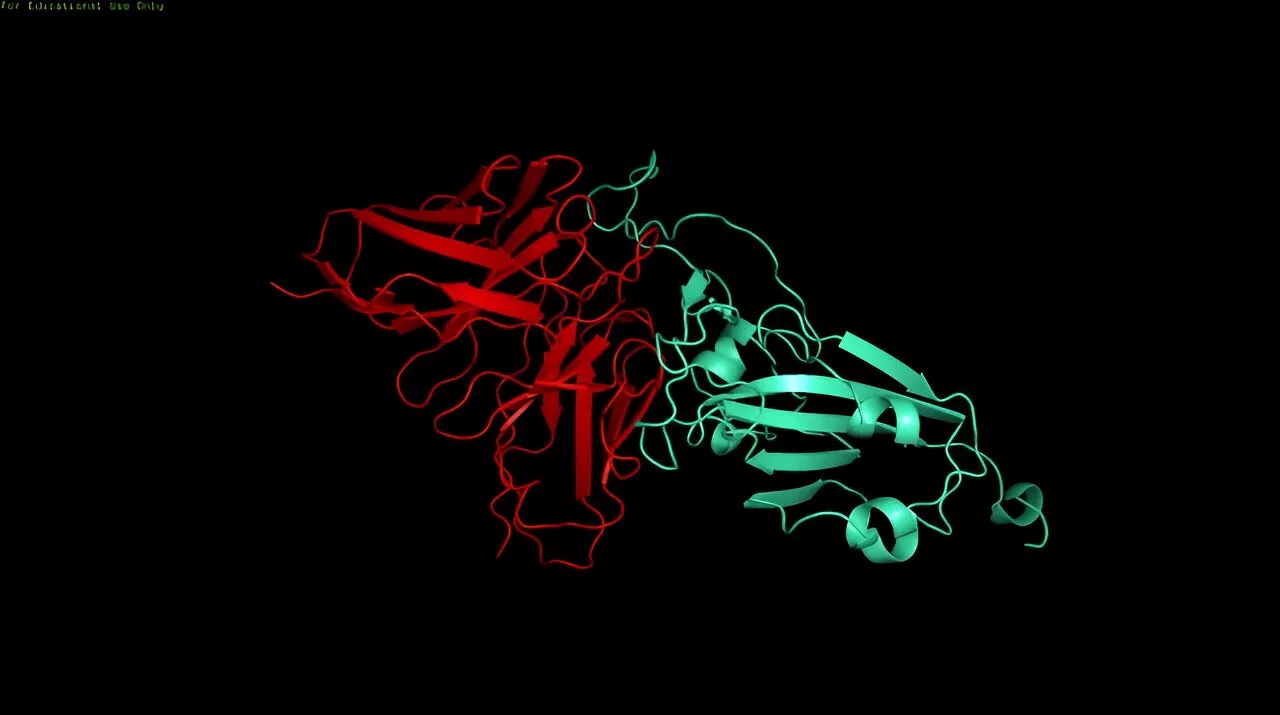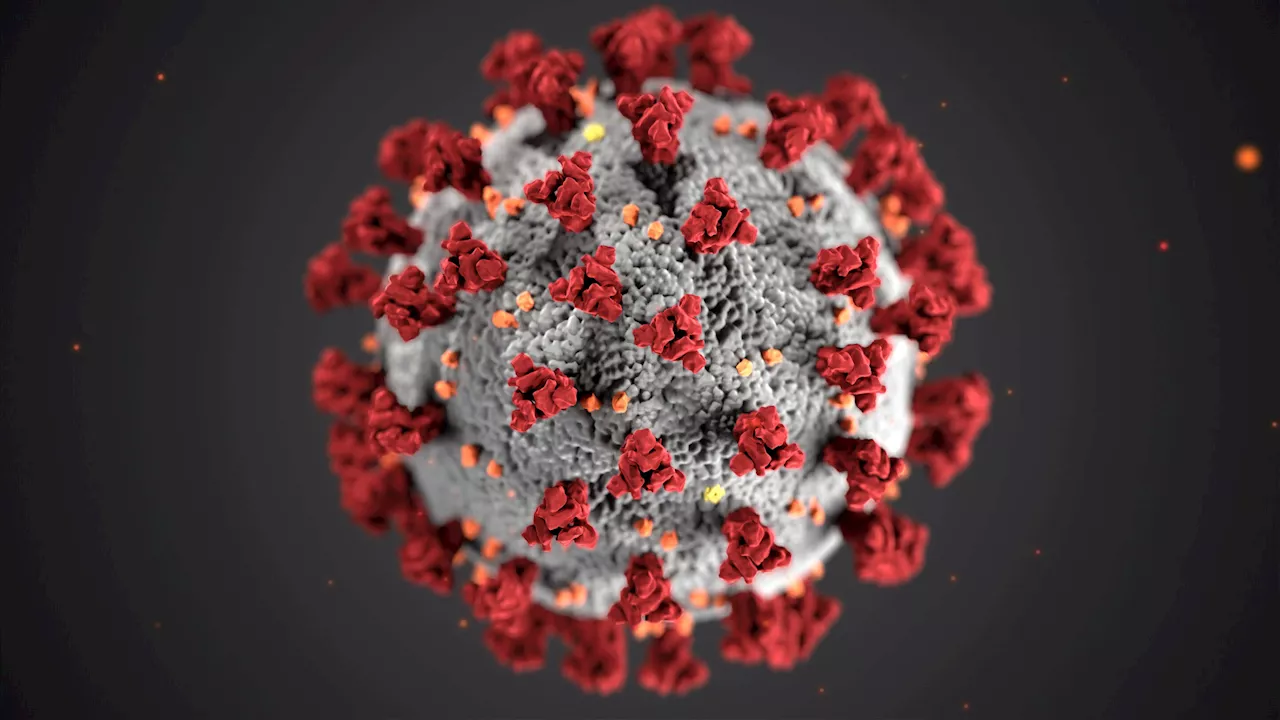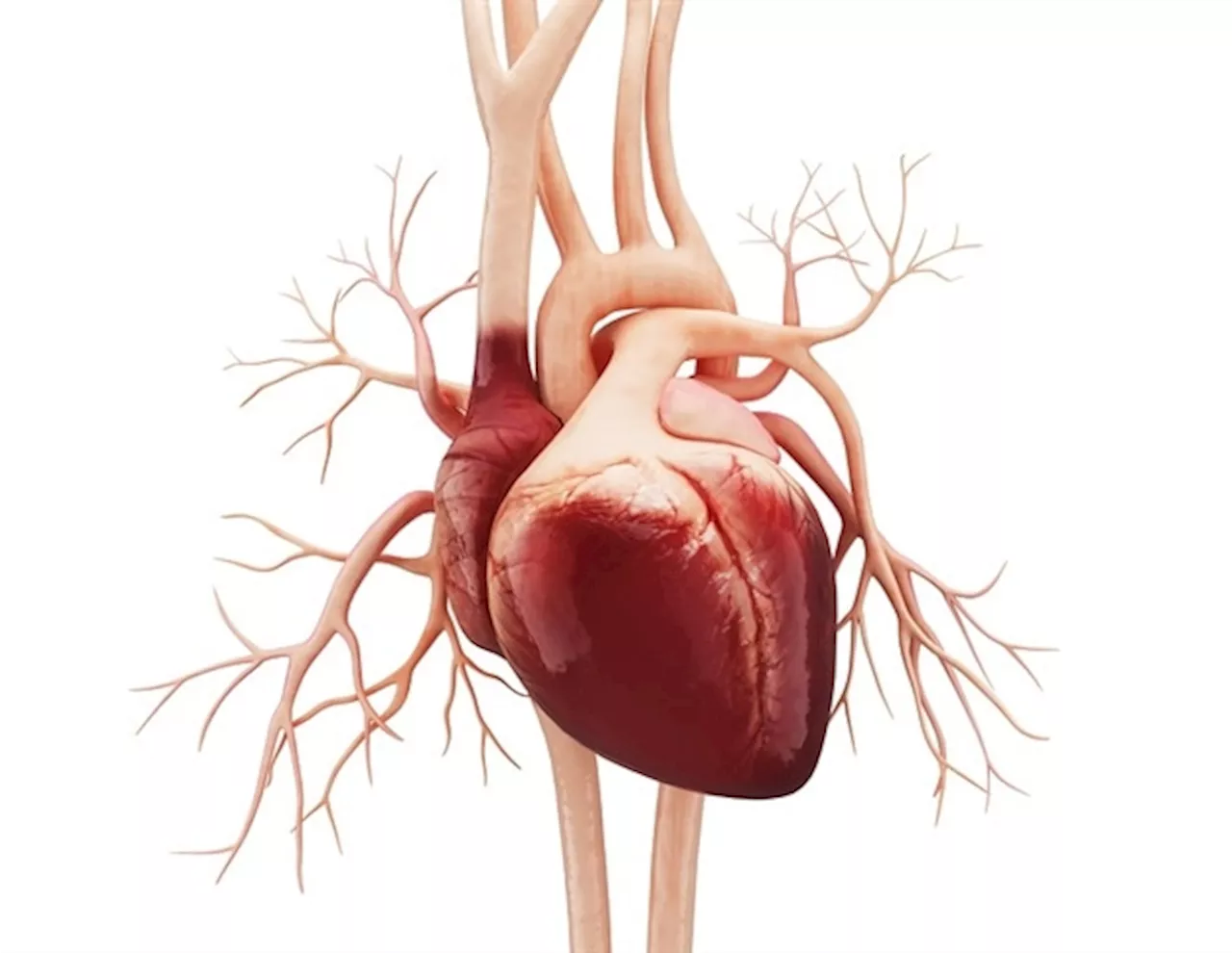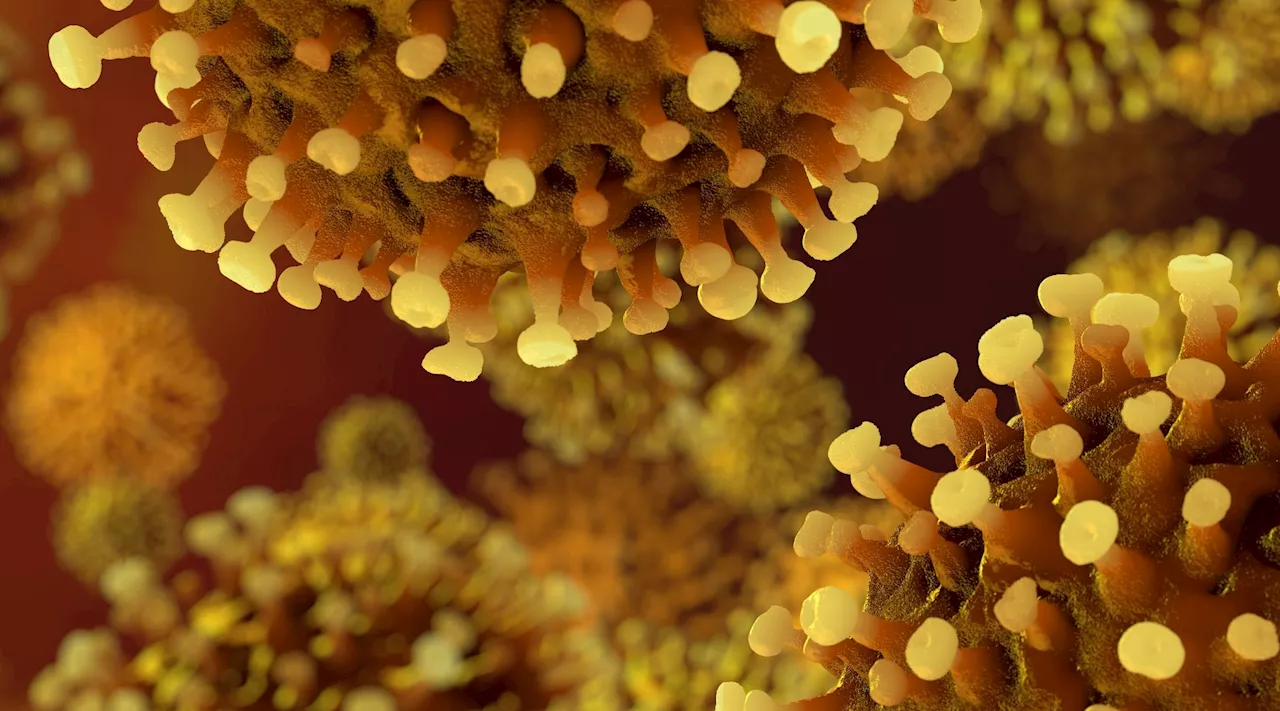Important differences in how the nasal cells of young and elderly people respond to the SARS-CoV-2 virus, could explain why children typically experience milder COVID-19 symptoms, finds a new study led by researchers at UCL and the Wellcome Sanger Institute.
Apr 15 2024University College London
The cells were then cultured using specialized techniques, allowing them to regrow into the different types of cells you originally find in the nose. Using single-cell RNA sequencing techniques that enable scientists to identify the unique genetic networks and functions of thousands of individual cells, the team identified 24 distinct epithelial cell types. Cultures from each age group were then either mock infected or infected with SARS-CoV-2.
The strong antiviral response in the NECs of children could explain why younger people typically experience milder symptoms. In contrast, the increased damage and higher viral replication found in NECs from elderly individuals could be linked to the greater severity of disease observed in older adults.
The research underscores the importance of considering age as a critical factor in both research and treatment of infectious diseases.
Covid-19 Cell Hospital Microbiology Research RNA SARS SARS-Cov-2 Virus
United States Latest News, United States Headlines
Similar News:You can also read news stories similar to this one that we have collected from other news sources.
 Study reveals how SARS-CoV-2 hijacks lung cells to drive COVID-19 severityResearchers identified how SARS-CoV-2 targets and manipulates specific lung cells, using innovative techniques to trace the virus's impact on the cells' gene expression, revealing insights into early COVID-19 pathogenesis.
Study reveals how SARS-CoV-2 hijacks lung cells to drive COVID-19 severityResearchers identified how SARS-CoV-2 targets and manipulates specific lung cells, using innovative techniques to trace the virus's impact on the cells' gene expression, revealing insights into early COVID-19 pathogenesis.
Read more »
 Mutations do not predict the severity of current variants of SARS-CoV-2, finds studyNew research from UNC Charlotte's Center for Computational Intelligence to Predict Health and Environmental Risks (CIPHER) has found that the two most prevalent strains of the virus that cause COVID-19, SARS-CoV-2 variants BA.2.86 and JN.
Mutations do not predict the severity of current variants of SARS-CoV-2, finds studyNew research from UNC Charlotte's Center for Computational Intelligence to Predict Health and Environmental Risks (CIPHER) has found that the two most prevalent strains of the virus that cause COVID-19, SARS-CoV-2 variants BA.2.86 and JN.
Read more »
 Severity of current SARS-CoV-2 variants is not linked to the number of mutationsNew research from UNC Charlotte's Center for Computational Intelligence to Predict Health and Environmental Risks (CIPHER) has found that the two most prevalent strains of the virus that cause COVID-19, SARS-CoV-2 variants BA.2.86 and JN.
Severity of current SARS-CoV-2 variants is not linked to the number of mutationsNew research from UNC Charlotte's Center for Computational Intelligence to Predict Health and Environmental Risks (CIPHER) has found that the two most prevalent strains of the virus that cause COVID-19, SARS-CoV-2 variants BA.2.86 and JN.
Read more »
 SARS-CoV-2 spike protein sensitizes nociceptors and evokes nociceptive behaviorsA study that investigated whether the spike protein of Severe Acute Respiratory Syndrome Coronavirus 2 (SARS-CoV-2) can sensitize nociceptors and promote pain-like behaviors in mice was presented at the 102nd General Session of the IADR, which was held in conjunction with the 53rd Annual Meeting of the American Association for Dental, Oral, and...
SARS-CoV-2 spike protein sensitizes nociceptors and evokes nociceptive behaviorsA study that investigated whether the spike protein of Severe Acute Respiratory Syndrome Coronavirus 2 (SARS-CoV-2) can sensitize nociceptors and promote pain-like behaviors in mice was presented at the 102nd General Session of the IADR, which was held in conjunction with the 53rd Annual Meeting of the American Association for Dental, Oral, and...
Read more »
 SARS-CoV-2-associated ARDS can damage the heart without direct infectionSARS-CoV-2, the virus that causes COVID-19, can damage the heart even without directly infecting the heart tissue, a National Institutes of Health-supported study has found.
SARS-CoV-2-associated ARDS can damage the heart without direct infectionSARS-CoV-2, the virus that causes COVID-19, can damage the heart even without directly infecting the heart tissue, a National Institutes of Health-supported study has found.
Read more »
 Novel SARS-CoV-2 mutations found in floodwaters near homeless communitiesStudy highlights the detection of SARS-CoV-2 RNA and novel spike gene mutations in flood control channels affected by homeless populations, demonstrating the value of environmental surveillance in understanding public health dynamics.
Novel SARS-CoV-2 mutations found in floodwaters near homeless communitiesStudy highlights the detection of SARS-CoV-2 RNA and novel spike gene mutations in flood control channels affected by homeless populations, demonstrating the value of environmental surveillance in understanding public health dynamics.
Read more »
